In a sea of confusion, sharks circle Indigenous voice
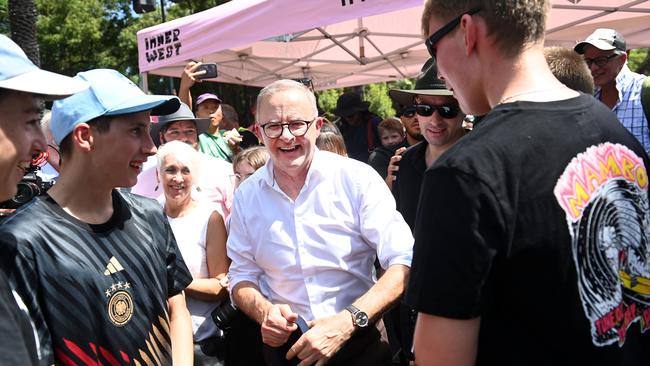
Two sharks now circle the Indigenous voice. One is review of “executive action”. The second – as ever – is detail.
These issues have a triple payload. They can undermine the referendum legally, politically, and popularly. Each could destroy it completely. The question is, how to eliminate these monsters?
Review of executive action is a legal term for something very simple. It is about taking ministers and public servants to court over the exercise of their powers.
The proposed constitutional amendment says the voice can make representations to the executive government. What if government decides to act even before a representation could be made? Could someone go to court to stop any action until a representation had been considered?
This is not about invalidating a decision altogether. Rather, it would be delayed until the voice had spoken.
The concept of the voice has always centred upon legislation, which could never be obstructed by views from the voice. That is why it usually is called the “voice to parliament”. But it does include executive action as well. This has become a problem.
During the past few months, there have been suggestions that executive action could be challenged through the voice. Notably, two eminent former High Court judges with very different views of the voice – Ken Hayne and Ian Callinan – have each suggested executive action might be open to attack. Right or wrong, the issue has been launched.
Hayne, a fellow member of the government’s Constitutional Expert Group, says the problem is minimal. In practice, the situation would be very rare. Anyway, it would only delay a government decision, not stop it.
This is true, but unhelpful. Politically and practically, delay often means death to proposed action. Imagine the real effect of the High Court solemnly finding against a government process. The public would see total condemnation by the umpire. Future action would be extremely difficult. Take a practical example. In a national crisis, the prime minister urgently needs to deploy strategic aircraft in the Northern Territory. They are a natural target. The Territory has a disproportionately high Indigenous population. The government does not wait for the voice, there is a challenge, and the move is “delayed”. But time is critical. The political optics are awful. Government is paralysed.
Some say this issue of “justiciability” is too abstruse to bite with the public. Not when framed around undemocratic judges, or a lawyer’s picnic. Conservatives in particular will shudder.
The government has no choice but to deal with this issue, and inevitably will resolve it. Left to fester, it will dynamite bipartisan support and the referendum with it. Whether by removing the reference to executive government, or allowing parliament to decide the matter, this shark must be killed.
Detail has dogged this referendum. The lack of it undermines the whole case. Some critics demand detail as ammunition. But millions of open-minded Australians just want to know the proposal. “Architecture” is a better word than detail. Think of a proposal for the Sydney Harbour Bridge. No one needs the colour of the road markings. But its location, shape, number of pylons and basic materials are reasonable and necessary questions.
The lack of answers undermines the legal parameters of the model, practically produces a policy vacuum and popularly promotes public confusion. Every poll shows people demand certainty. This confusion must be resolved or – again – the referendum goes down with it. This is a job for the government, not its various advisory bodies. It has no choice but to develop a coherent public architecture, and doubtless will.
Inevitably, while the government struggles with these issues, the opposition will reserve its position. It has no need to intervene.
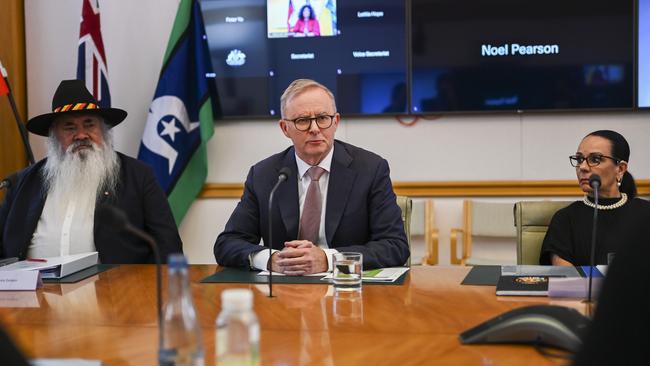
Frighteningly, this mess reveals critical weaknesses in the positions and capabilities of groups the government relies on to formulate and support the referendum. One is political and constitutional incapacity.
There are progressive voices still claiming bipartisanship is not needed for this referendum. In light of history and reality, this is just negligent. Others say the polls presage victory. They really show an electorate chronically uncertain, demanding further particulars, and primed to vote no if not reassured.
It is claimed the referendum automatically will win if supported by all Indigenous people. There will not be unanimity, but it hardly matters. A majority of all Australians must be convinced for referendum victory.
How are we in this situation? One reason is lack of process. The precise words of the amendment were dumped on the population without public inquiry. Tyre-kicking would have revealed the problems.
There is the unsubstantiated claim that two former chief justices fully endorsed the wording. But 12 chief justices would not equal a public dissection.
The government can be sloppy, but is not stupid, blind or evil. It knows all these problems, and that it must act before the referendum collapses. Yet it is obstructed by referendum factions.
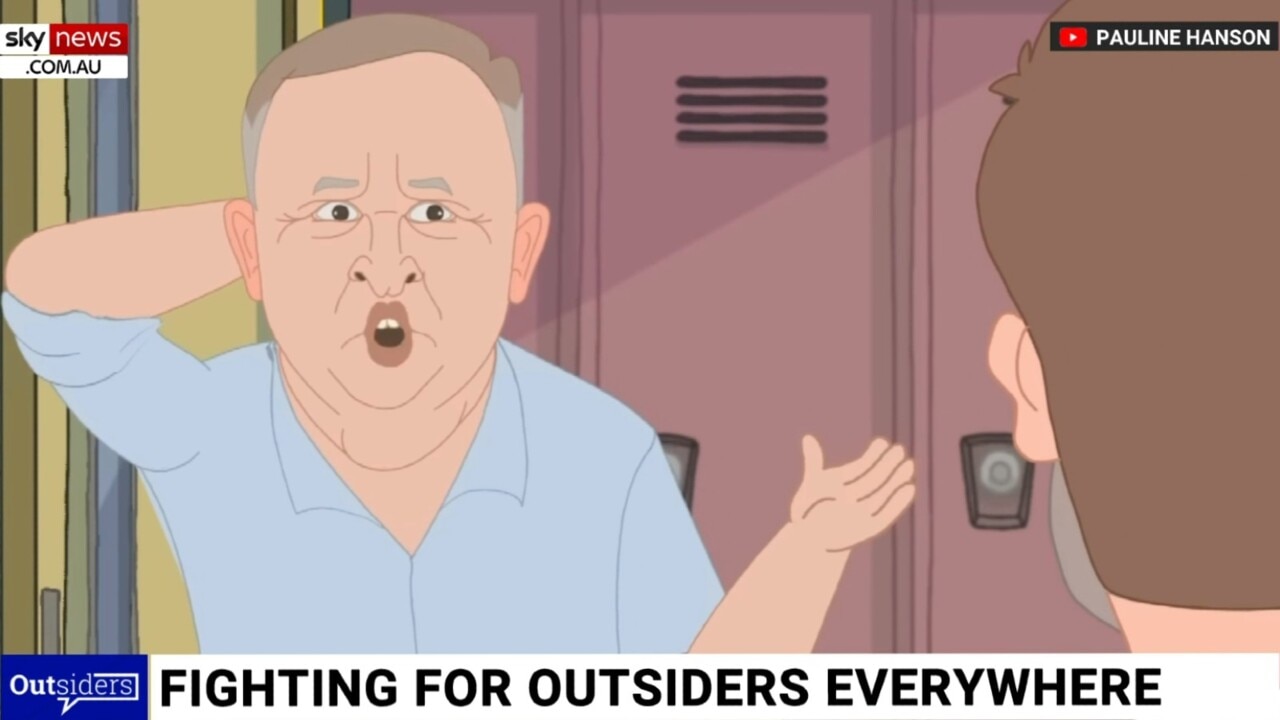
Most in the voice’s inner circle simply want a good model supporting a vital cause. They have views, but would never risk the referendum. Then there are others.
One determined bloc demands no detail so it can dictate the model after the referendum, regardless of popular or political preference. This partly explains the detail deficit. But this is not the most radical position.
There are others who would see the referendum go down unless it reflects their own vision of the voice. Admittedly, some are honourable protagonists who genuinely cannot support a version of the voice they believe will short-change Indigenous people. They may be wrong, but cannot be blamed. Others are more complex. They would rather the referendum founder than not reflect their own wide raft of policy or even their preferred wording. This position ranges from misplaced intransigence to egotism.
Then there are those who would not just watch the referendum fail, but actively blow it up if they could not absolutely control the outcome. They would walk away, blaming the government for the debacle.
These are the “all or nothing” faction. Their exact motives are unclear, but they assume a grave moral responsibility.
The problem with all or nothing is you often get nothing. Direct electionists such as Phil Cleary proved this in the republican referendum. Twenty-four years later, we are still waiting.
The government knows all this, too. It must act soon for a viable model. But what if its own support base remains opposed?
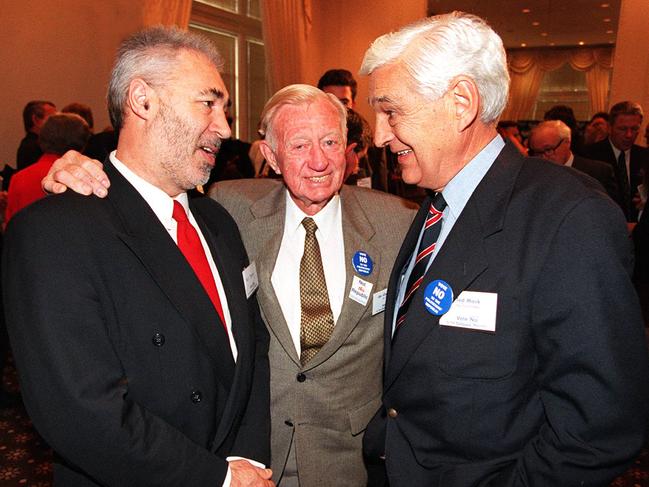
Eventually, the government would accept it had a dead referendum. It would have to discard it.
It could delay or even cancel the referendum. It might hold a public inquiry to produce a better model. It might legislate a non-constitutional voice. It might give up altogether.
We of the voice must ponder our positions very carefully, personally, politically, but above all morally. Principled defeat is always pure and sterile. Dare we ensure it?
Greg Craven is a director of Uphold and Recognise and a member of the government’s Constitutional Expert Group.


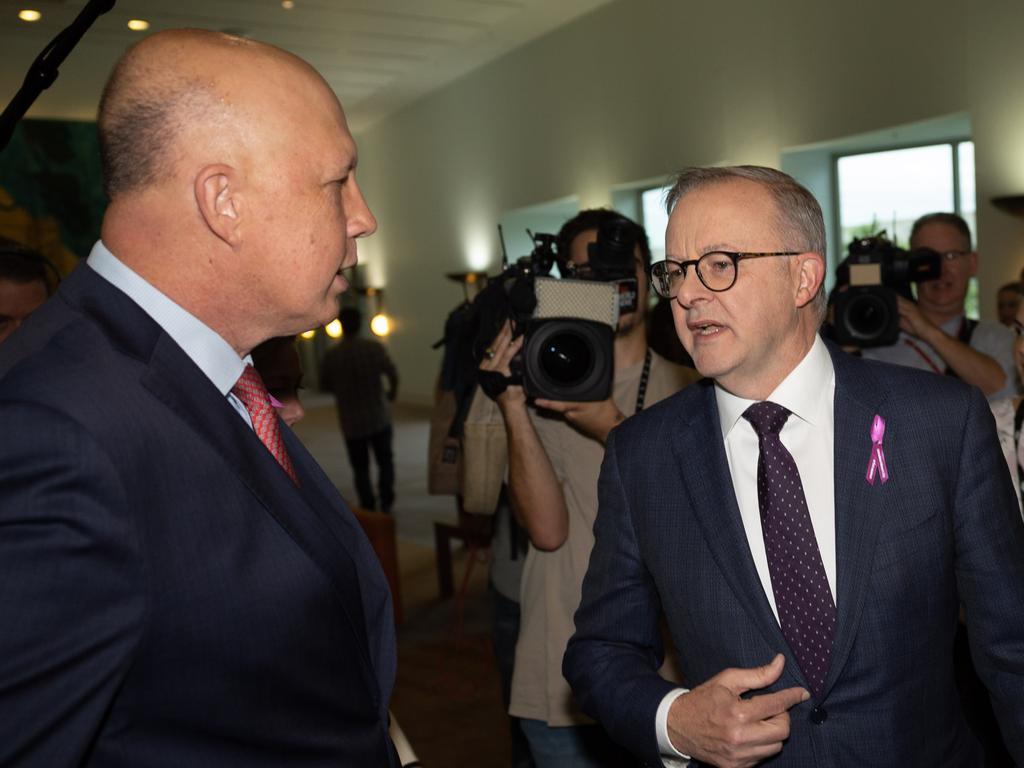
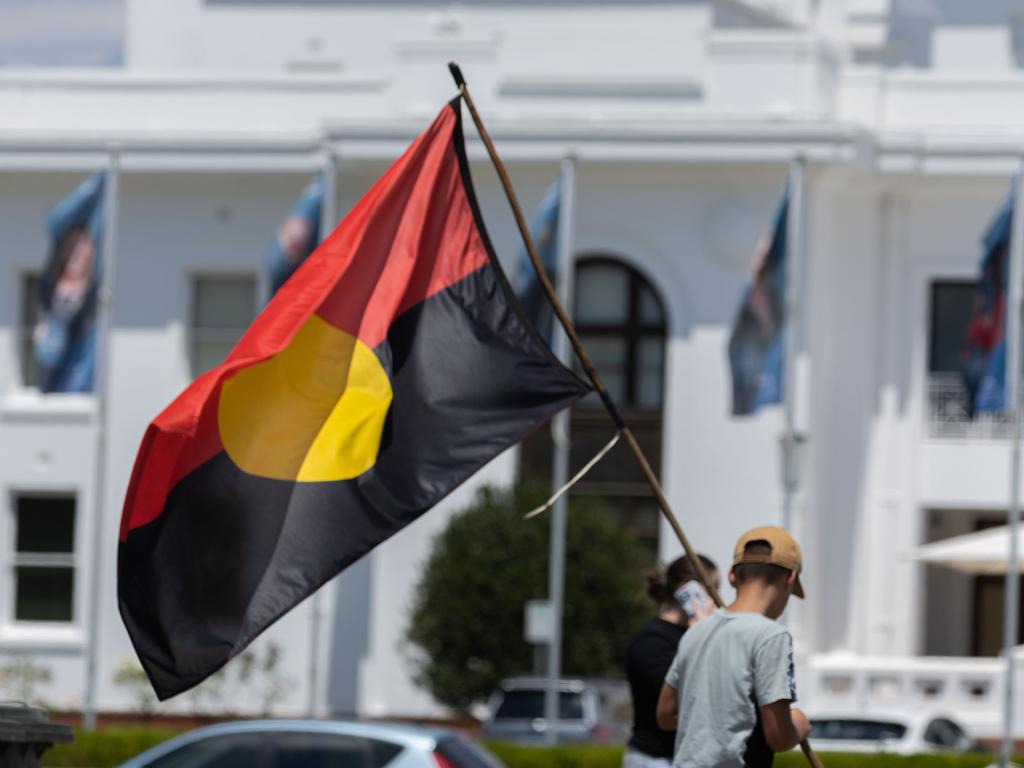
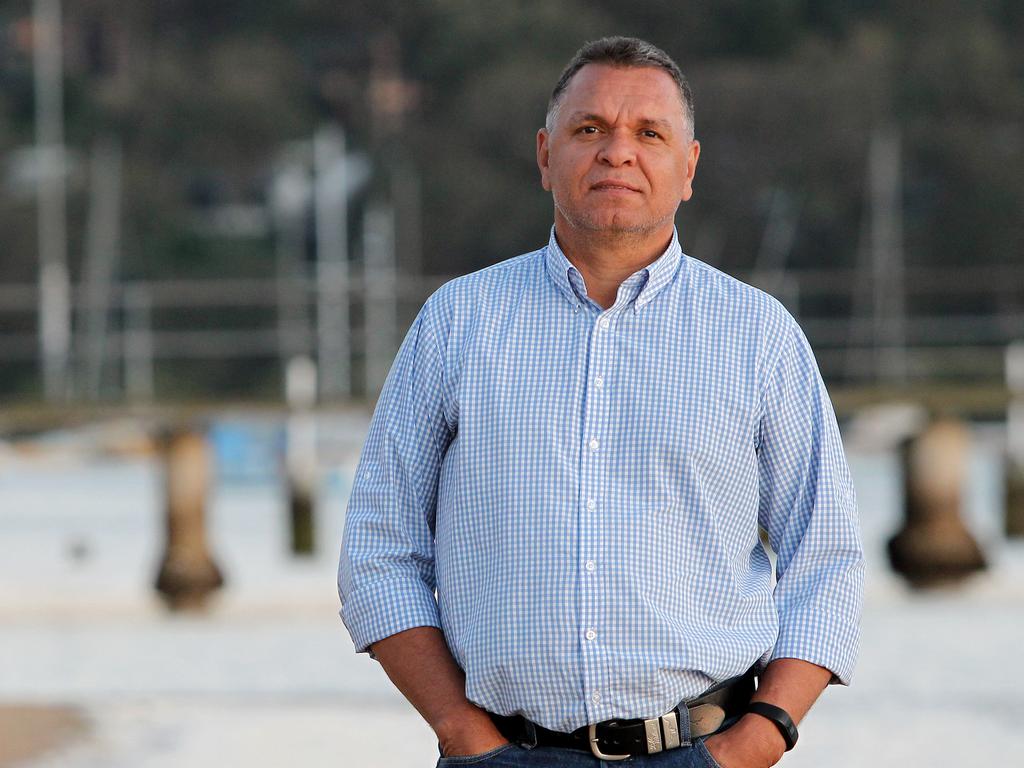


Referendum debates start with red herrings. Then come sharks.